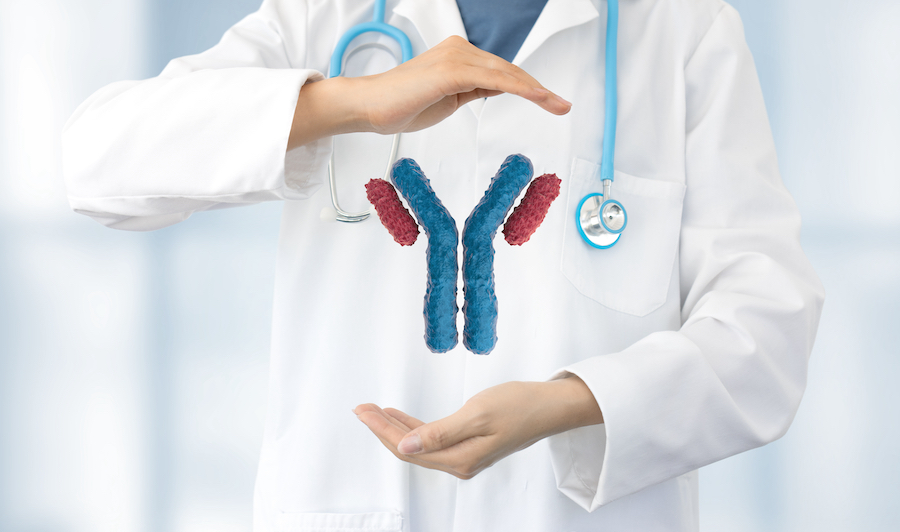The opioid-focused bill aims to deliver additional resources for addiction care, prevention, training and support services
By Jason Langendorf

Legislation introduced to Congress last week would attach a one-cent fee for every milligram of active opioid in prescribed pain-pill medications to help fund drug prevention and treatment programs across the country.
A bipartisan group of U.S. senators led by Joe Manchin (D-W.Va.) introduced the Life Budgeting for Opioid Addiction Treatment (LifeBOAT) Act, which would establish a stewardship fee that would fund expanded access to substance use treatment through the existing Substance Abuse Prevention and Treatment Block Grant.
“America is experiencing an epidemic within a pandemic, and drug overdose deaths have been at an all-time high,” Manchin said in a statement. “West Virginia has led the nation in drug overdose deaths for over 10 years, more than doubling the national rates of overdose deaths since 2007. It is past time that funding meets the need for resources, treatment facilities and healthcare providers that help Americans struggling with substance use disorder [SUD].”
More than a half million Americans have died from an overdose since 1999, and the rising trend has been amplified by the COVID-19 pandemic.
Key Provisions of the LifeBOAT Act
The main elements of the LifeBOAT Act include:
- Establishing new treatment facilities, both residential and outpatient
- Recruiting, training and/or increasing reimbursement for mental health providers providing SUD treatment, particularly in medically underserved or rural communities
- Expanding access to long-term residential treatment programs
- Establishing and/or operating support programs that offer employment services, housing and other support services to help people in recovery transition back into society
- Establishing and/or operating facilities to provide care for babies born with neonatal abstinence syndrome
- Establishing and/or operating substance use treatment programs in conjunction with Adult and Family Treatment Drug Courts
Prescription drugs containing active opioid ingredients that are used exclusively for SUD as part of medication-assisted treatment (MAT) would be exempt from the fee.
The Prospects for the LifeBOAT Act
The LifeBOAT Act has been introduced on multiple occasions since Manchin, a leading advocate for drug reform among lawmakers, first brought it to the floor in 2016. Manchin was joined in reintroducing the bill by senators Mitt Romney (R-Utah), Amy Klobuchar (D-Minn.), Tammy Baldwin (D-Wis.) Angus King (I-Maine), Jeanne Shaheen (D-N.H.), Maggie Hassan (D-N.H.), Richard Blumenthal (D-Conn.), Tina Smith (D-Minn.) and Sheldon Whitehouse (D-R.I.).
As a former prosecutor, I’ve seen firsthand the devastating impact substance use disorders can have on families and communities. When a lack of resources means people are turned away when they seek treatment for addiction, we must take action.”—Sen. Amy Klobuchar (D-Minn.)
Why might policymakers decide to green-light the bill now? For one, Manchin’s sudden ability to rally bipartisan support for it reflects the growing realization that SUD knows no state or party lines. Additionally, beyond the COVID-related concerns tied to the drug epidemic, statistics show that a disproportionate number of people of color are suffering from a lack of treatment resources. Recent movements for class and racial equity, fueled in part by injustices involving race and addiction, such as George Floyd’s murder, have also opened the eyes of many in the public to the need for significant funding and support for SUD treatment.
“As a former prosecutor, I’ve seen firsthand the devastating impact substance use disorders can have on families and communities,” Klobuchar said. “When a lack of resources means people are turned away when they seek treatment for addiction, we must take action.”
Top photo: Cristian Palmer













